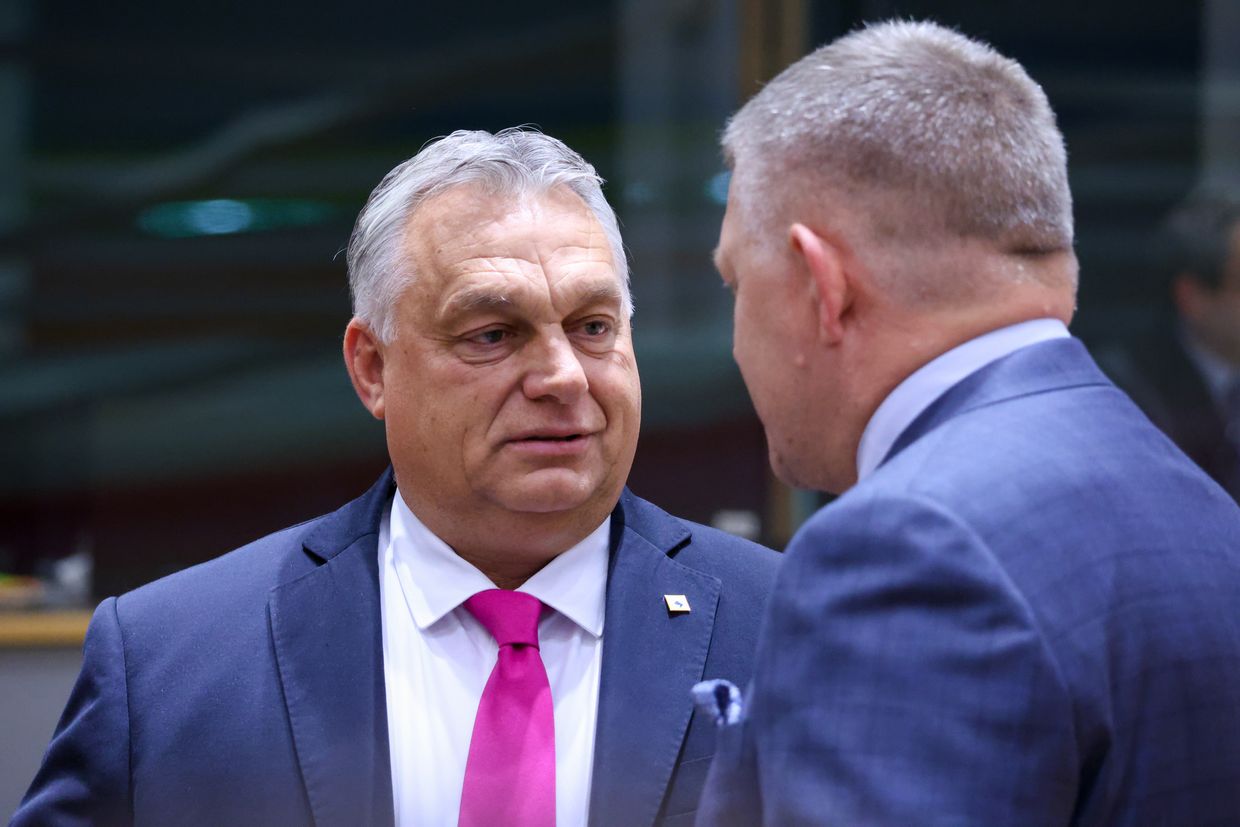Kuleba: Failure for EU to give Ukraine approval to begin membership talks would be 'devastating'

If the European Council does not vote to approve the beginning of official negotiations on Ukraine's accession to the EU there will be "devastating consequences" for the country, Foreign Minister Dmytro Kuleba said on Dec. 11.
It would also be a sign that the EU cannot deliver on historical commitments, he said.
The vote is scheduled to take place at an upcoming summit on Dec. 14-15, where the alliance will also decide on a 50 billion euro package of economic support for Ukraine.
The EU's executive arm recommended on Nov. 8 to formally launch membership talks with Ukraine and Moldova. Kyiv, which submitted its EU application in February 2022, has fulfilled four of the seven criteria needed to open the negotiations, Brussels said.
In order to move to the next step of the process, the official membership negotiations, a unanimous approval of all 27 members is required.
There have been concerns that Hungary may prevent Ukraine from beginning the negotiations.
Hungarian Prime Minister Viktor Orban said on Nov. 18 he believes that talks between the EU and Ukraine on its accession would be a mistake because Ukraine is "light years away" from being ready for membership.
He previously said that the EU "must not start membership talks with Ukraine."
Since the start of Russia's full-scale invasion of Ukraine, Hungary has repeatedly obstructed EU funds for Kyiv while opposing sanctions against Russia. Orban, who maintains close ties with the Kremlin, has refused to provide military aid to Ukraine.
President Volodymyr Zelensky spoke to Orban in a sideline conversation on Dec. 10 as the two leaders attended the inauguration of Argentine President Javier Milei. A video surfaced online showing the men having what appeared to be a heated discussion, but the details of what they spoke about are unknown.
Kuleba was also set to meet his Hungarian counterpart Peter Szijjarto in person on Dec. 11 for the first time since the start of Russia's full-scale invasion.














